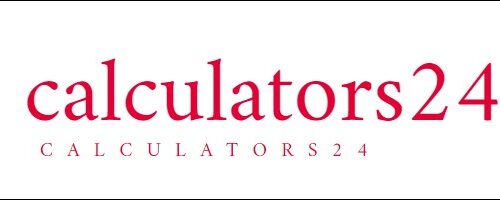Enter the number of bits:
Result:
Megabytes (MB)Decoding Digital Data: Navigating the Bits to Megabytes Spectrum
In the vast realm of digital data, a profound comprehension of the units employed to measure and quantify information proves to be indispensable. At the core of this digital lexicon are “bits,” the elemental building blocks of digital data. As we ascend the hierarchy of data sizes, the need arises to grapple with more capacious units such as “megabytes.” This discourse delves into the intricacies of bits and megabytes, unveiling an ingenious converter designed to seamlessly bridge the gap between these digital dimensions.
Bits: Unveiling Digital Foundations
Bits stand as the bedrock of digital information, where each individual bit assumes the binary guise of 0 or 1. These binary states correlate with the digital realm’s ‘off’ and ‘on,’ respectively. Every facet of digital content, be it textual narratives, vivid images, dynamic videos, or intricate software, finds its genesis in the amalgamation of these fundamental binary bits. In essence, every interaction involving clicks, downloads, or data transfers is an orchestration involving the manipulation of bits.
Megabytes: Orchestrating Data on a Grand Scale
While bits find their forte in articulating modest amounts of data, their practicality dwindles when confronted with substantial volumes of information. This is where the prominence of units like “megabytes” (abbreviated as “MB”) comes to the fore. A megabyte encompasses a staggering 8,000,000 bits, given the fact that there are 8 bits within a byte. The application of megabytes is pervasive, ranging from quantifying file sizes and storage capacities to gauging data transfer speeds in diverse digital scenarios.
Navigating the Conversion Seas: From Bits to Megabytes
The conversion from bits to megabytes necessitates a straightforward mathematical derivation. The process involves dividing the number of bits by 8 to transition from bits to bytes and subsequently dividing by 1,000,000 to transit from bytes to megabytes. The conversion formula can be expressed as:
javascriptCopy code
Number of Megabytes (MB) = Number of Bits / 8 / 1,000,000
To streamline this conversion ritual, we present the user-friendly “Bits to Megabytes Converter” positioned above. Simply input the number of bits, initiate the conversion process by clicking the “Convert” button, and witness the converter unveil the equivalent number of megabytes with seamless precision.
Empowering Understanding Across Disciplines
A profound comprehension of the intricate relationship between bits and megabytes proves paramount across diverse domains, encompassing IT, data management, and the expansive realm of digital media. This converter, serving as a conduit between these digital dimensions, effectively simplifies the often intricate realm of data size calculations and comparisons. Whether you don the hat of a tech enthusiast or navigate the professional landscape entrenched in digital data, this tool emerges as an invaluable asset in your repertoire, enhancing your ability to traverse the digital landscape with finesse.
